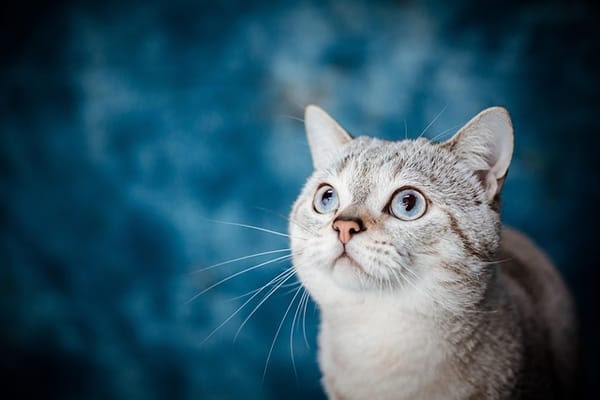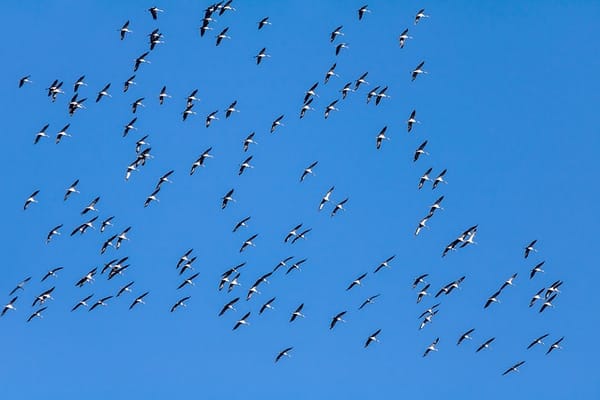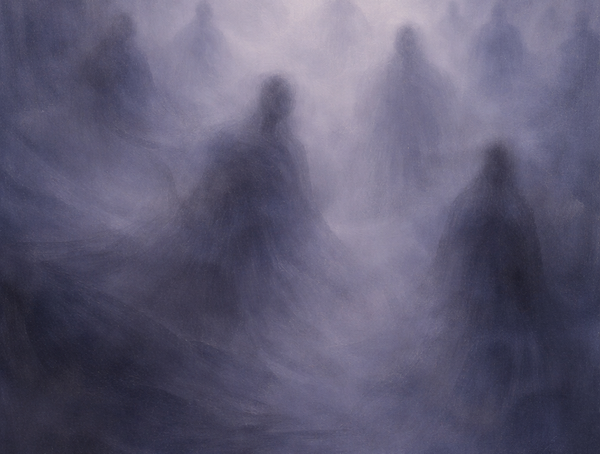Pets: The Inversion of Care
True love for the animal demands sobriety: the capacity to set aside one’s own emotional needs in order to truly perceive the creature as it is

True love for the animal demands sobriety: the capacity to set aside one’s own emotional needs in order to truly perceive the creature as it is


America has been lulled into believing that animals are pets—that their highest purpose is to be petted and loved. But what if this belief itself were a form of social engineering?
In this vision, animals become extensions of our emotional life—companions more reliable than humans, projections of affection that ask for nothing but feed and comfort. Horses turn into entertainment; cats and dogs become mirrors of sentiment.
Meanwhile, farm animals stand uneasily between utility and emancipation: some destined for consumption, others granted quasi-human rights. Cows, pigs, and sheep need fences not because they are oppressed, but because they lack the self-limitation that the human “I” can bring. The fence is, in a sense, an externalized I AM—a boundary that holds life within order.
The human being’s task is to bring lawfulness into the landscape—to create a farm where nature is not exploited but transformed, where life can thrive in harmony with its own purpose. This can be done mechanistically or reverently; the difference lies in whether we see nature as machine or as being.
The modern pet culture, by contrast, is born from an over-stimulated sentimentality—a Luciferic projection that blinds us to the true being of the animal. It mistakes affection for understanding. True love for the animal demands sobriety: the capacity to set aside one’s own emotional needs in order to truly perceive the creature as it is.
Only then can a genuine being-with arise. Otherwise, distorted elemental beings weave into the sentimental bond, feeding on confusion and attachment. A hygienic relationship to animals requires purification—from the kind of feeling that does not truly see, and from the inversion that mistakes projection for care.
For when plants are imagined to have emotion, animals to have thought, and humans to be merely animals—then the whole order of being is reversed.
This reversal—the enthronement of the creature above the creator—is none other than the work of the Beast.








